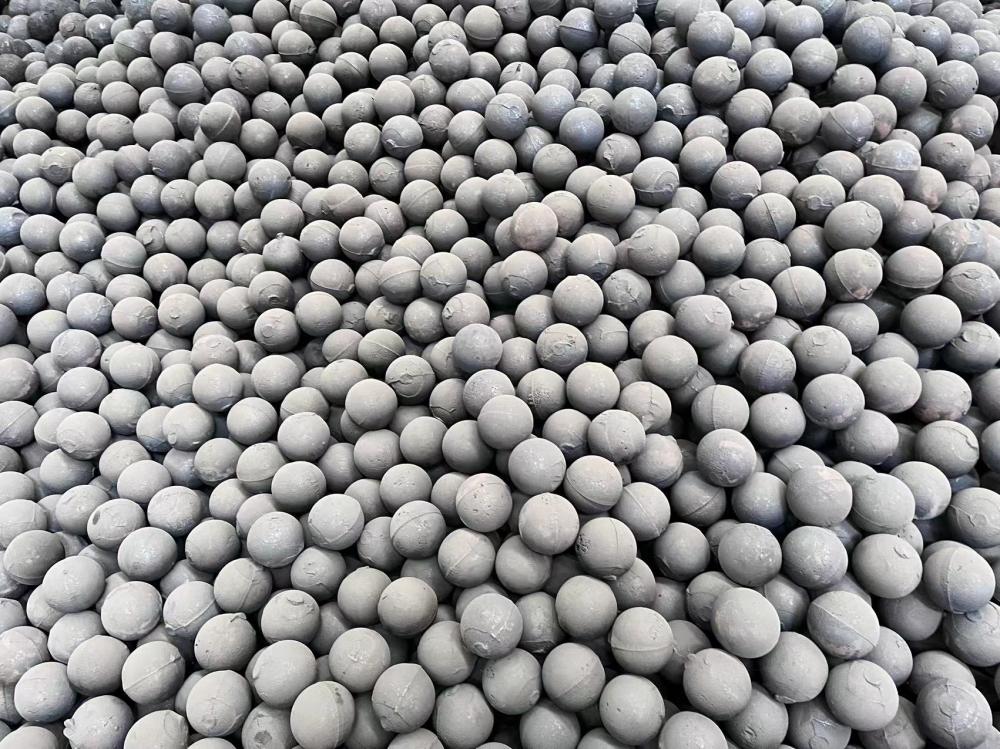
Not all titanium grades are created equal. With over 40 different grades of titanium alloys available, selecting the right one for your specific needs can feel a bit daunting. But don't stress—help is on the way! There are only a handful of titanium grades commonly used in the fastener industry, and we're here to guide you through the key differences between them.
Titanium Grade 2: Known as Commercially Pure (CP) Titanium, this grade is about 99% pure titanium. It's widely used because it offers:
- Outstanding corrosion resistance to saltwater and brines
- Superior resistance to chlorides, including wet chlorine and Cl2
- Good corrosion resistance to hot, oxidizing acids like FeCl3 and nitric acid
- Some resistance to moderately reducing acids like HCl and H2SO4
- A moderate strength of around 50 ksi Yield Strength, making it lighter than steel by nearly half
This grade strikes a balance between affordability and performance, making it a popular choice for many applications where weight savings and corrosion resistance are critical.
Titanium Grade 5: Often referred to as Ti-6Al-4V, this is a high-strength alloy containing 6% aluminum and 4% vanadium. It’s significantly stronger than Grade 2 while remaining lightweight, with a Yield Strength of around 128 ksi—more than double that of Grade 2. Despite its higher strength, it retains similar corrosion resistance to Grade 2 and remains a low-density material. However, it comes at a price: Grade 5 costs 30-50% more than Grade 2. If you need both strength and corrosion resistance, Grade 5 is the go-to option.
Two less common yet still significant grades are Grades 7 and 23. Titanium Grade 7 contains about 0.15% palladium, which enhances its corrosion resistance, especially against hot chlorides and other halides. Meanwhile, Titanium Grade 23 resembles Grade 5 but has lower levels of impurities like iron, carbon, and oxygen. This results in improved fracture toughness and better mechanical properties at very low temperatures.
In summary, Grade 5 provides the same corrosion resistance as Grade 2 but with much greater strength, though at a higher cost. For projects where corrosion resistance is essential and strength isn't a top priority, Grade 2 is usually the most cost-effective choice. When high strength is required, Grade 5 is typically preferred. If enhanced corrosion resistance is needed beyond Grade 2, consider Grade 7. And for applications demanding even better mechanical properties than Grade 5, Grade 23 is an excellent option.
We hope this breakdown was helpful! Feel free to drop us a comment or reach out to our materials experts for more detailed insights. If you'd like to explore further, check out our titanium fasteners page for additional resources.
Looking forward to hearing from you!
Wear-resistant Steel Ball is a kind of high quality abrasive material, widely used in mining, cement, electric power and other industries of ball mill equipment. Advantages of steel ball:
1. Material: Steel ball made of high quality alloy steel material, with high hardness and wear resistance, can withstand high strength wear.
2. Diameter: The diameter of the steel ball is the standard size, and different diameters of the steel ball can be customized according to customer needs.
3. Surface hardness: After heat treatment, the surface hardness of the steel ball reaches HRC55-65, which can maintain stable performance in high-speed friction and wear environment.
4. Tensile strength: The steel ball has high tensile strength, can withstand the impact and pressure of high strength, and is not easy to deformation or fracture.
5. Scope of use: Steel balls are widely used in ball mill equipment, which can be used in ore grinding, cement grinding, electric pulverized coal grinding and other processes.
6. Advantages: The steel ball has excellent performance, which can improve the production efficiency and energy consumption of the ball mill equipment, reduce maintenance costs, and improve product quality.
7. Packaging: Steel balls are usually packed in plastic bags or cartons to protect the integrity of the steel balls and prevent damage during transportation.
8. Wear resistance: The steel ball has excellent wear resistance, which can maintain a stable wear rate in long-term use and extend the service life of the equipment.
In short, wear-resistant steel ball is a high-quality abrasive material, with excellent wear resistance and tensile strength, suitable for a variety of ball mill equipment, can improve production efficiency and product quality.

Wear-Resistant Casting Ball,Alloy Steel Balls,Cast Steel Parts,Steel Balls For Ball Mills
Xuzhou Surun wear-resistant material Co., LTD , https://www.suruntools.com